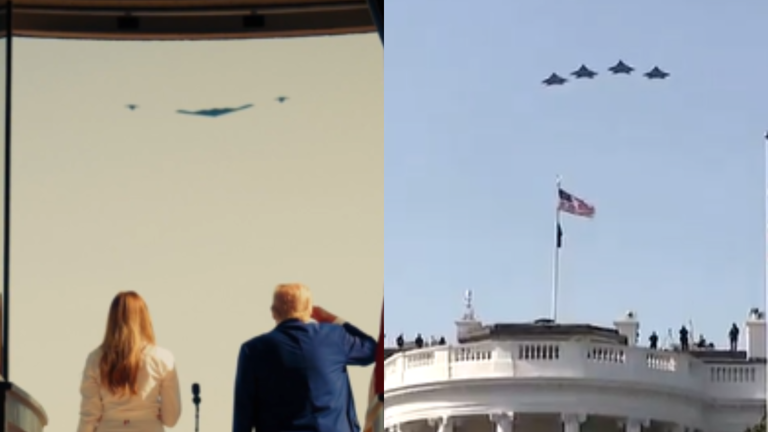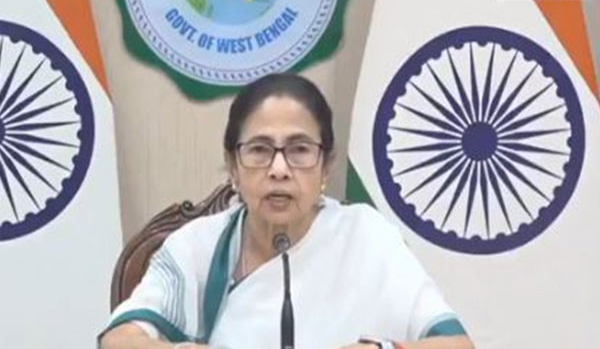U.S. Perspective on the Nuclear-Armed Conflict and Calls for Peace
U.S. Congressman Ro Khanna made a significant statement urging Pakistan not to retaliate against India following Operation Sindoor, a military operation conducted by India on May 7. Ro Khanna’s call for de-escalation came in response to India’s Operation Sindoor, a military operation targeting terror camps in Pakistan and Pakistan-occupied Kashmir (PoK) on May 7, 2025. The operation was a retaliation for a terror attack in Pahalgam, Jammu and Kashmir, on April 22, which killed 26 people, mostly Hindu tourists.
India claimed the strikes killed over 100 terrorists linked to groups like Jaish-e-Mohammed and Lashkar-e-Taiba, but Pakistan reported civilian casualties and vowed retaliation. On May 8, Khanna highlighted the nuclear capabilities of both nations, emphasizing the need for calm. He also criticized Pakistan’s Army Chief Asim Munir, calling him a dictator and noting the lack of honest voices in Pakistan due to its military governance. Khanna’s statement reflects a broader American concern about the risks of escalation between two nuclear-armed neighbors.
My discussion on @TheSourceCNN about the tense situation between India and Pakistan and the way forward. pic.twitter.com/0g3wefRjvz
— Ro Khanna (@RoKhanna) May 7, 2025
How Has the U.S. Leadership Responded to the Crisis?
The U.S. has actively engaged in diplomatic efforts to manage the India-Pakistan tensions. On May 7, 2025, President Donald Trump expressed hope that the conflict would end swiftly, describing it as “tit-for-tat” and offering to mediate. He reiterated this stance on May 8, stating, “If I can do anything to help, I will be there.” Additionally, U.S. Secretary of State Marco Rubio spoke with national security advisors from both countries on May 7, urging open communication to prevent further escalation. The U.S. has consistently called for restraint, aligning with Khanna’s position. The United Nations General Assembly President, Philemon Yang, also voiced deep concern on May 8, reflecting global fears of a nuclear flashpoint. These actions show the U.S. prioritizing diplomacy to avoid a larger conflict in the region.
What Are the American Security and Strategic Concerns?
From a security perspective, American voices have analyzed the military dynamics of the conflict. On May 7, 2025, Dale Stark, a former U.S. Air Force pilot, stated he would “bet on the Indians” if tensions escalate, citing India’s advanced military capabilities, such as Rafale jets, compared to Pakistan’s F-16s and JF-17s. This perspective highlights a strategic confidence in India’s military strength among some American experts. However, there are broader concerns about the conflict’s potential to draw in global powers. Posts on X suggest fears of a U.S.-China proxy war, given India’s alignment with the U.S. and Pakistan’s ties with China, though mutual nuclear deterrence is seen as a limiting factor. The U.S. is also wary of regional instability, as groups like the Balochistan Liberation Army and Tehrik-e-Taliban Pakistan have reportedly exploited the chaos, further complicating the security landscape.
What Does This Mean for U.S.-Pakistan Relations?
Khanna’s criticism of Pakistan’s military leadership points to underlying tensions in U.S.-Pakistan relations. Journalist Ryan Grim criticized the U.S. State Department for its “blind support” of Pakistan’s military dictatorship, arguing that this has emboldened Pakistan’s generals to escalate conflicts with India to maintain power.
The State Department’s blind support for the Pakistan military dictatorship has them on the brink of war with India.
— Ryan Grim (@ryangrim) April 26, 2025
The generals feel like they need hostilities to maintain power and the U.S. is just fine with that. Extremely dangerous.
Khanna’s statement about Asim Munir being a dictator echoes this sentiment, suggesting a growing American frustration with Pakistan’s governance. This perspective is significant, as it indicates a shift in how some U.S. leaders view Pakistan, potentially impacting future diplomatic and military support. The U.S. must balance its strategic partnership with India while managing relations with Pakistan, a key player in regional counterterrorism efforts. Moving forward, diplomatic efforts will be crucial to prevent further escalation and address the root causes of the conflict, ensuring stability in South Asia.





















